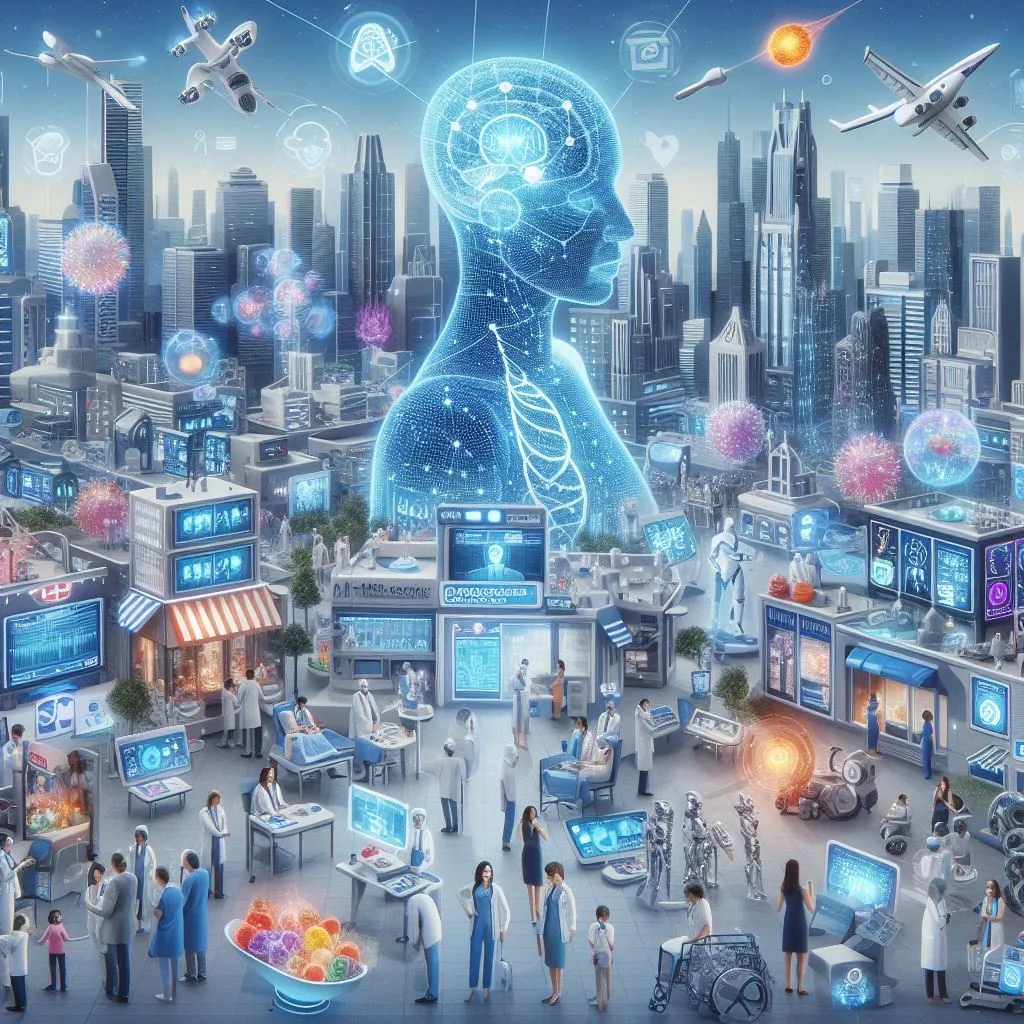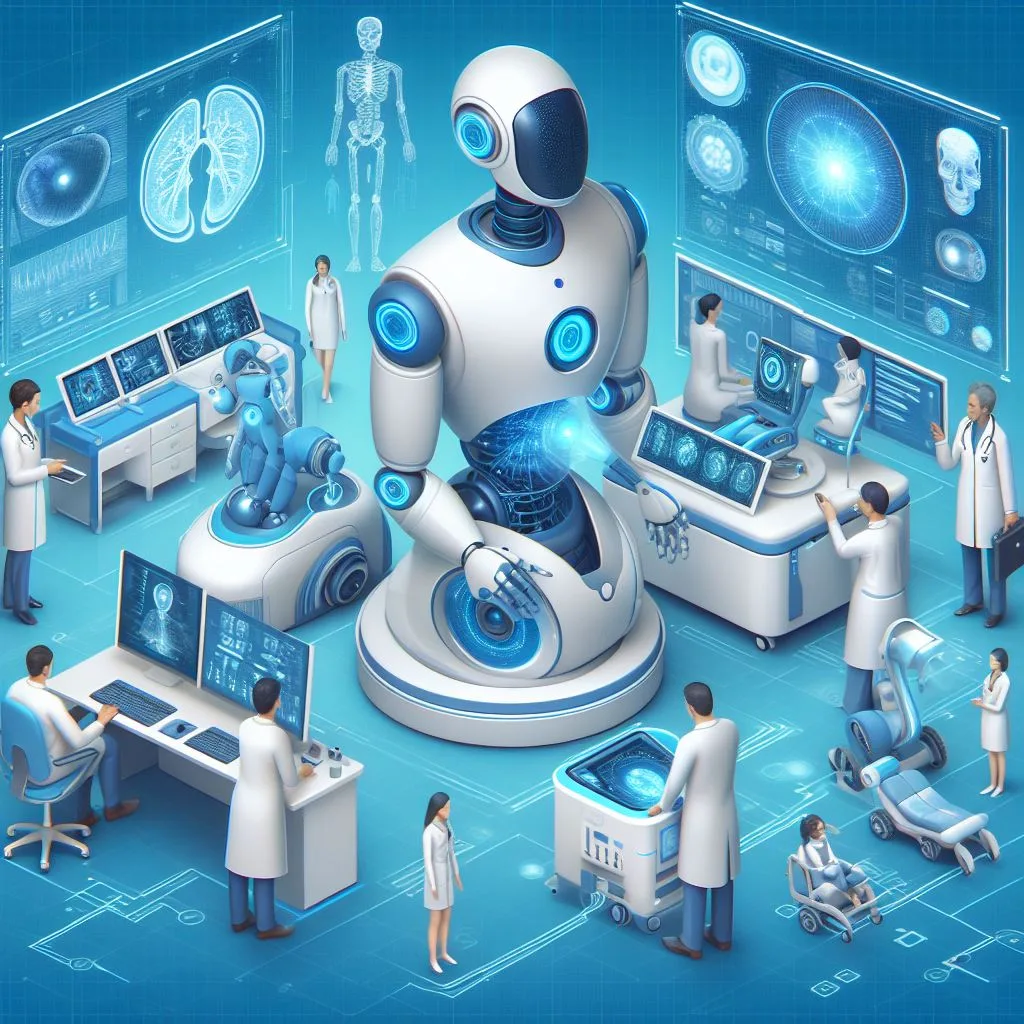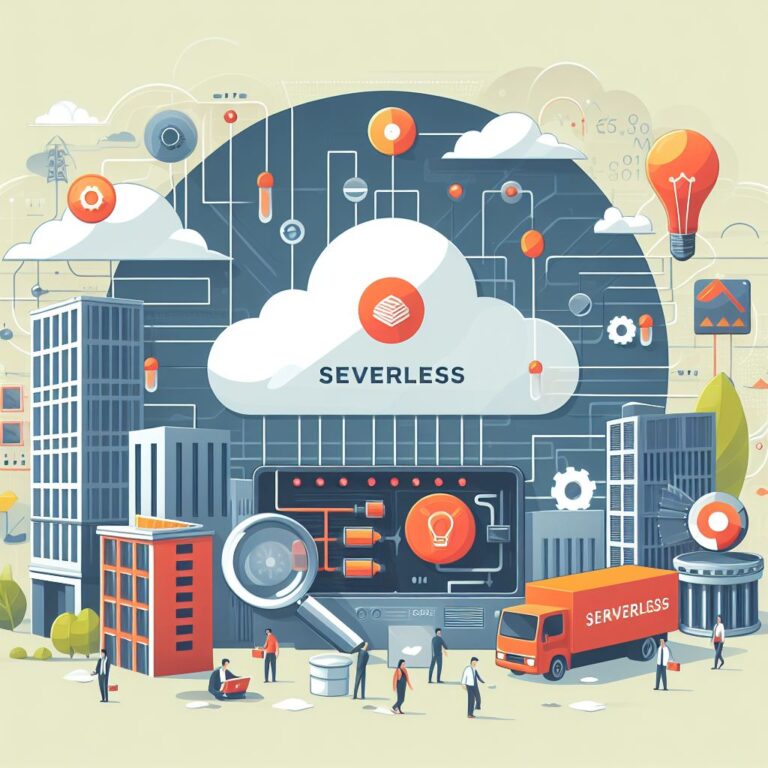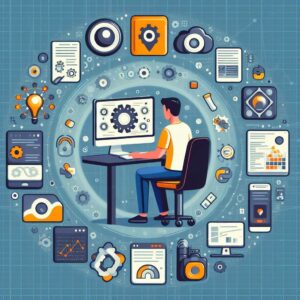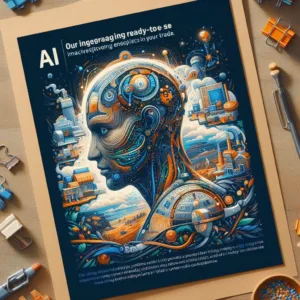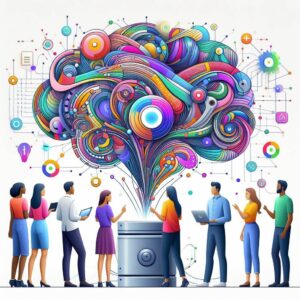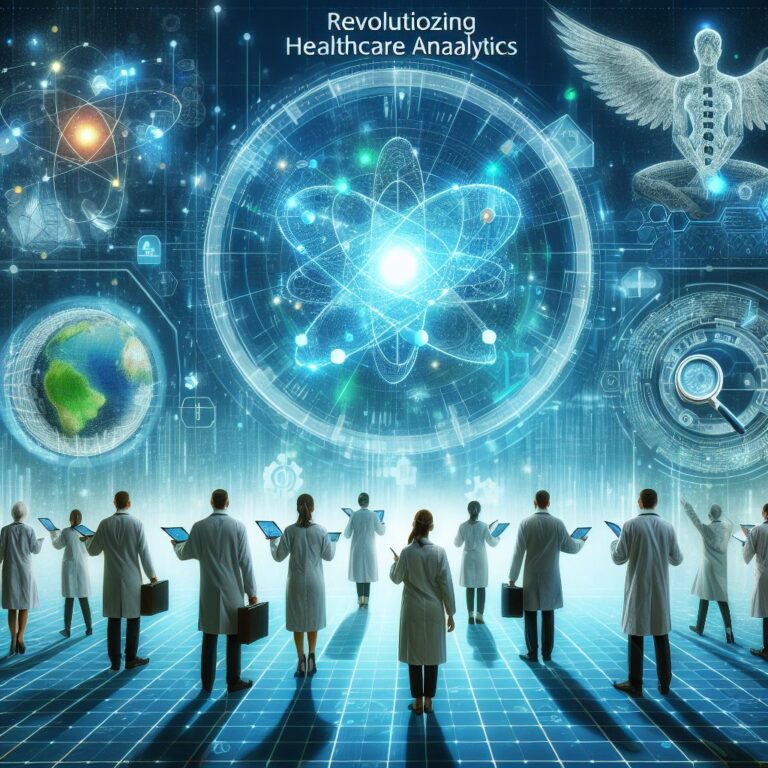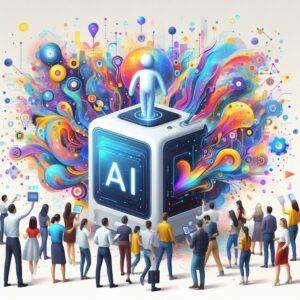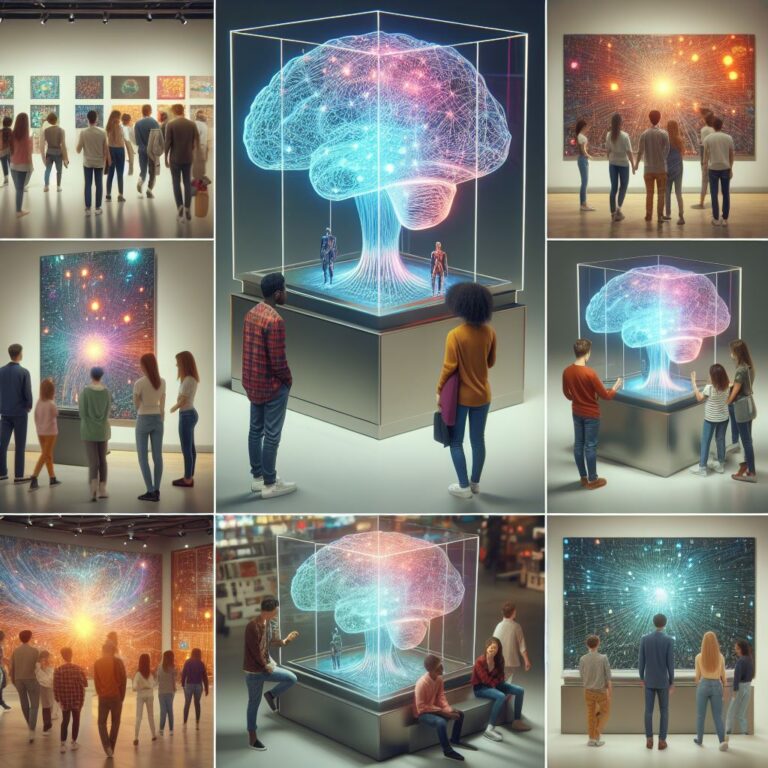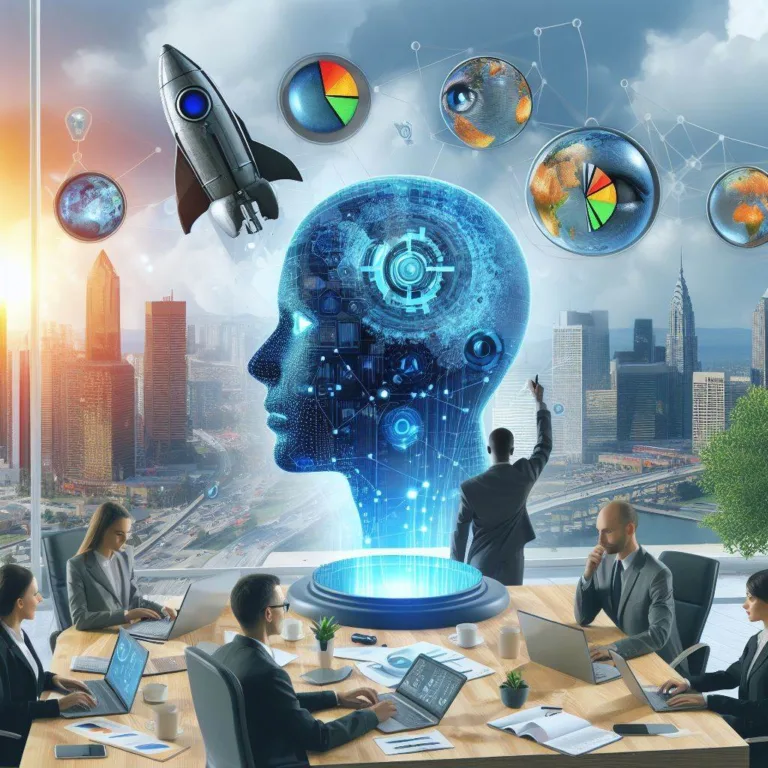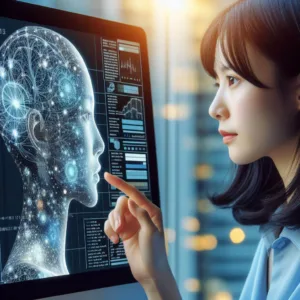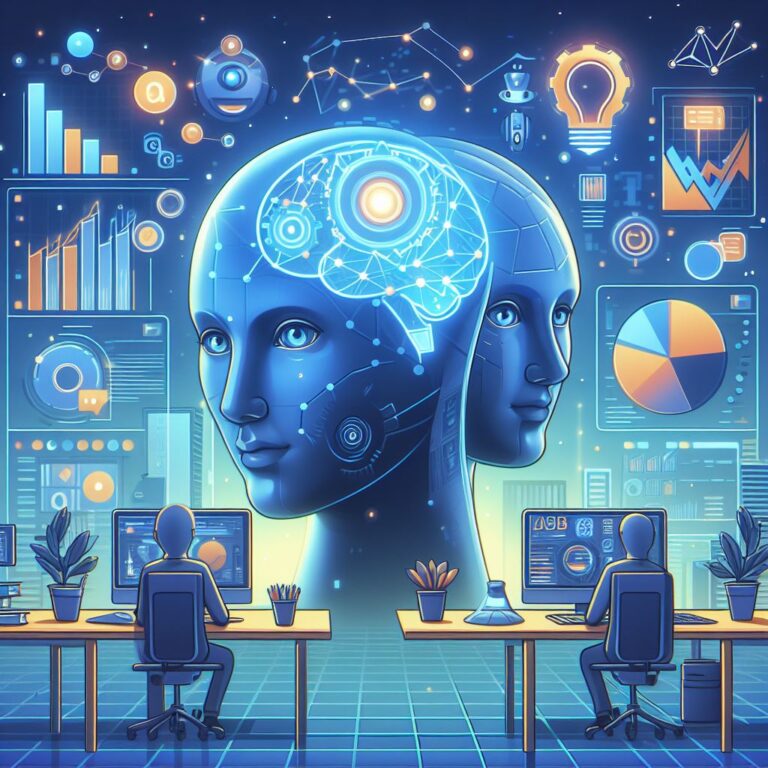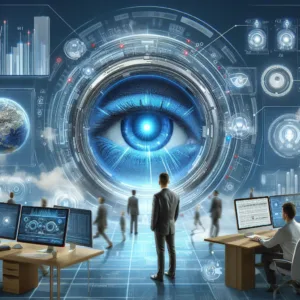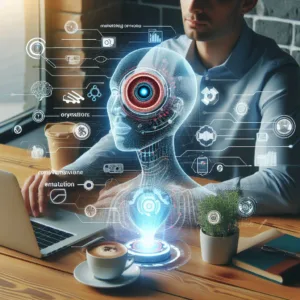Welcome to our site exploring “AI in Medicine : Innovations and Future Prospects”! Discover in what way or manner artificial intelligence is transforming healthcare, from personalized situation plans to advanced analysis. Join us as we uncover the transformational impact AI is having on the future of cure.
Advancements in AI-Driven Healthcare Solutions
In current years, we’ve witnessed extraordinary advancements in AI-driven healthcare answers, revolutionizing the way healing professionals diagnose, treat, and accomplish diseases. One famous example is the use of AI algorithms to analyze healing imaging data, in the way that X-rays, MRIs, and CT scans, accompany unprecedented accuracy and effectiveness. These algorithms can detect subtle anomalies and provide valuable insights to radiologists, enabling former detection of diseases like malignancy and improving patient outcomes. Furthermore, AI-powered virtual helpers and chatbots are streamlining administrative tasks, enhancing patient ideas, and improving the overall efficiency of healthcare transmittal.
Learn more about the latest advancements in AI-driven healthcare solutions here.
Transformative Applications of AI in Medicine
The requests of AI in medicine are truly life-changing, spanning a wide range of concentration and healthcare settings. From predicting analytics to personalized cures, AI technologies are revolutionizing each aspect of healthcare delivery. Model, predictive analytics models can resolve patient data to identify things at high risk of cultivating certain diseases, admitting for early intervention and preventive measures. In the world of personalized medicine, AI algorithms are resolving genetic data to tailor situation plans to individual patients, maximizing efficacy and underrating side effects. In addition, AI-powered robotic section systems are enhancing accuracy and dexterity in the operating room, superior to shorter recovery occasions and better surgical outcomes for inmates.
Explore more about the transformative applications of AI in medicine here.
Future Prospects: AI’s Impact on the Medical Field
Looking ahead, the future prospects of AI in the medical field are incredibly promising, with continued advancements expected to drive even greater innovation and impact. One exciting area of development is the use of AI for drug discovery and development, where machine learning algorithms are accelerating the process of identifying novel therapeutic compounds and optimizing drug formulations. Additionally, AI-powered remote monitoring devices and wearable technologies are enabling continuous monitoring of patients’ health status outside of traditional healthcare settings, leading to more proactive and personalized healthcare interventions. As AI continues to evolve, we can expect to see increasingly sophisticated applications that improve patient care, enhance clinical decision-making, and ultimately transform the practice of medicine as we know it.
Emerging Technologies: AI’s Role in Shaping the Future of Medicine
The countryside of healthcare is rapidly evolving, on account of the emergence of contemporary technologies powered by machine intelligence (AI). These technologies are poised to transform every aspect of cure, from diagnosis and situation to patient care and beyond. One notable field where AI is making a significant impact is in the territory of predictive analytics. AI algorithms can investigate through vast amounts of patient dossier, identifying patterns and trends that can not be apparent to human healthcare providers. By leveraging this predictive capacity, medical professionals can expect health risks, tailor situation plans, and ultimately improve patient effects.
Discover more about the act of AI in shaping the future of medicine present.
Innovations in Analyst and Imaging
AI-driven interpreters and imaging technologies are transforming the way diseases are discovered and monitored. By resolving medical images accompanying unparalleled precision and veracity, AI algorithms can assist radiologists in identifying irregularities and making more accurate diagnoses. For example, AI-stimulate image recognition wholes can detect early signs of conditions in the way that cancer, myocardial infarction, and neurological disorders, enabling former intervention and treatment. Furthermore, AI-driven diagnostic forms can analyze a roomy range of patient data, including hereditary information and medical history, to support personalized insights and pieces of advice for healthcare providers.
Learn nearly the innovations in diagnostics and images with AI here.
Embellishing Patient Care with AI
In addition to interpreters and imaging, AI is again revolutionizing patient care by improving the effectiveness, accessibility, and quality of healthcare duties. Virtual strength assistants powered by AI can specify patients with embodied medical advice, answer questions, and even schedule assignments, enhancing patient knowledge and reducing administrative burdens on healthcare providers. Additionally, AI-enabled telemedicine platforms are extending access to healthcare services, specifically in underserved areas or during times of crisis. By leveraging AI, healthcare providers can transfer high-quality care remotely, reconstructing access to medical knowledge and resources for victims around the world.
Find how AI is enhancing patient care and approachability in healthcare here.
Conclusion
In bundling up our exploration of AI’s impact on cure, it’s clear that we’re witnessing an inspiring revolution in healthcare delivery. From contemporary diagnostic finishes to personalized patient care solutions, AI is remodeling the way we approach healthcare in habits we couldn’t have imagined just a few times gone by.
The advancements in AI-compelled healthcare solutions are truly amazing. We’re seeing algorithms resolve medical imaging dossier with exceptional accuracy, enabling former and more precise diagnoses. This wealth catching diseases like tumors at their earliest stages, when situation options are most effective. Plus, AI-stimulated virtual helpers are streamlining administrative tasks and making patient communication more effective, freeing up opportunities for healthcare providers to focus on what they do best: caring for inmates.
But it’s not just about diagnoses and situations. AI is also paving the habit for more personalized cures. By analyzing genetic dossier and other patient news, AI algorithms can tailor treatment plans to individual patients, guaranteeing they receive the most direct care possible. And let’s not cancel the potential for AI to revolutionize drug finding, with algorithms identifying new healing compounds and optimizing drug formulations faster than ever before.
Expecting ahead, the future of AI in medicine is suffused with promise. We wish to see even more sophisticated requests of AI in healthcare, from predictive data to remote patient monitoring. And accompanying the continued progress in AI technologies, we’re on the brink of a new generation of healthcare that’s more personalized, adept, and accessible than ever before.
So, as we take up these exciting incidents in AI-driven healthcare, let’s again remember the significance of ethical considerations, dossier privacy, and patient security. By prioritizing these values, we can ensure that AI resumes improving healthcare effects for everyone, ushering in a more brilliant and healthier future for all.
Explore Further: AI in Medicine Links
- AI in Healthcare: Transforming the Future: Explore how AI is revolutionizing healthcare.
- The Role of AI in Personalized Medicine: Discover AI’s impact on personalized treatment plans.
- Advancements in AI-driven Diagnostic Tools: Learn about the latest AI diagnostic innovations.
- Exploring the Potential of AI in Drug Discovery: Delve into AI’s role in accelerating drug development.
- Remote Patient Monitoring with AI Technology: Learn how AI is revolutionizing remote patient care.
- Ethical Considerations in AI-driven Healthcare: Explore the ethical implications of AI in medicine.
- Data Privacy and Security in AI-powered Medicine: Understand the importance of data privacy in AI healthcare.
- Patient Safety in the Age of AI: Discover how AI is improving patient safety.
- AI-driven Innovations in Telemedicine: Explore AI’s impact on telemedicine services.
- The Future of Healthcare: AI’s Impact: Learn about the future of healthcare with AI.

